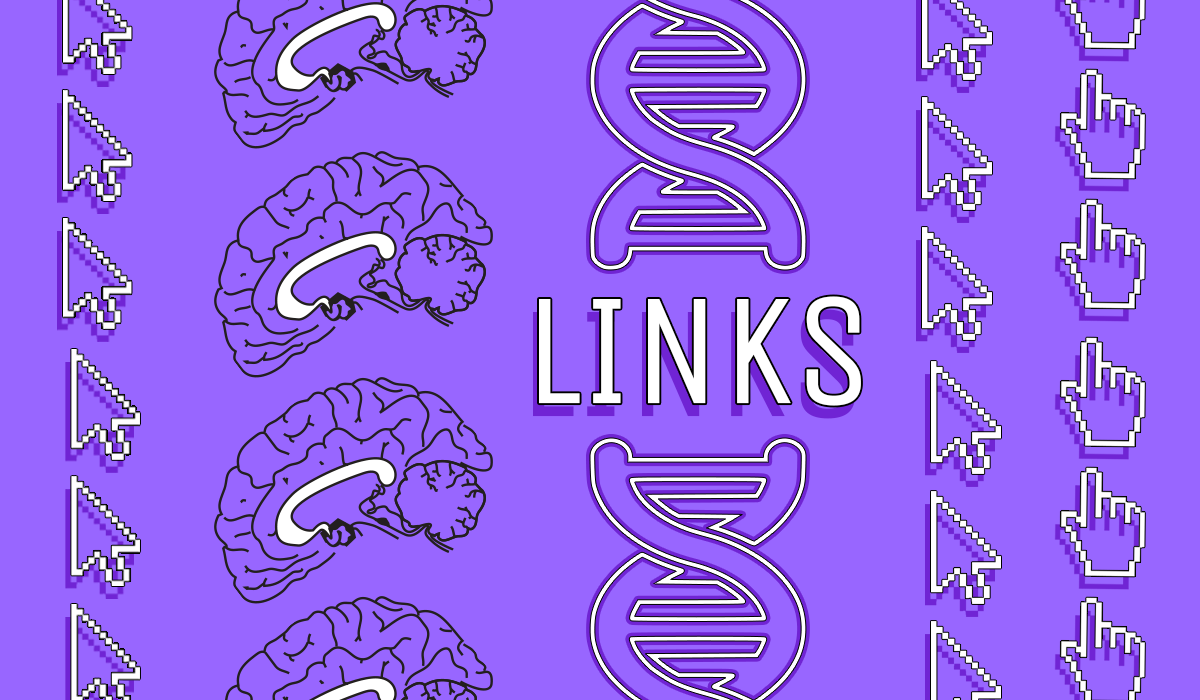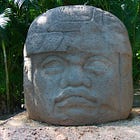Welcome to LINKS — my attempt to provide Rhapsody readers with five interesting stories that tell us something about what it means to be human. LINKS is published every Wednesday. Have a link you want to share? Drop it in the comments.
The Race to Colonize Mars Perpetuates a Dangerous Religion
“Right. I’m sure human beings will live underground for a little while, shielded from radiation. Will they get cancer? Absolutely. It’s going to be really hard. Are some people’s faces going to explode? Yes. But considering the exceeding difficulty—the extent to which Mars wants to absolutely obliterate us—I don’t know that bleeding edge, corporate capital is the model to follow when human beings go about trying to make their lives work there. The model on which these new colonies might be started, historically speaking, sets a really bad precedent. It’s a bad model. The conditions under which it might happen are damaging to the Earth, perhaps beyond repair. What’s most troubling is that the vision can seem, for some people, more possible and palpable than, say, reversing or slowing the course of climate change on Earth.”
People Differ Widely in Their Understanding of Even a Simple Concept Such as the Word ‘Penguin’
By Simon Makin, Scientific American
“Our concepts are crucial to exactly what we mean when we use language, and new research has found that the concepts people hold, even for a word like penguin, vary from person to person on a shockingly frequent basis. This does not mean we all disagree on the basic definition of a penguin. But while some people might think they are noisy, plump creatures, more like a whale than an eagle, others might consider them to be awkward, strange animals, more like an ostrich than a dolphin.”
Note: The article I link to above features new research that builds on concepts I outlined here:
Drugs give biology’s favourite worms the munchies too
By Elissa Welle, Nature
“Roundworms exposed to cannabis chemicals get the ‘munchies’ — a persistent hunger for tasty food — just like people do, a study has found. When under the influence, Caenorhabditis elegans worms choose to feed for longer than normal, and show a stronger preference for their favourite high-quality foods over less nutritious options.”
My Search for the Origins of Clothing
By Ian Gilligan, Sapiens
“Archaeologists can detect simple and complex clothes in the Paleolithic record because they entail different technologies. Tools to scrape hides indicate the existence of simple clothes, and plenty of hide-scrapers surface at archaeological sites in middle latitudes from a million years ago onward. However, scraper-equipped hominins disappear from middle latitudes during glacial periods, reflecting the limited insulation value of simple garments.”
Boston's Jaylen Brown sports custom sneakers paying homage to Mesoamerican ball game
“The ball game, which likely originated with the Olmec or other local ancient cultures, has a bouncy rubber ball, a large stone hoop, and a walled, rectangular court with players working together to put the proverbial biscuit in the basket.
“But from there, things diverge. The ball game had ritual significance, and the rules as it was played then were not spelled out given that what little writing that existed tended to focus on local rulers and their deeds.”
Note: I’ve written a bit about the Olmec previously, here:






